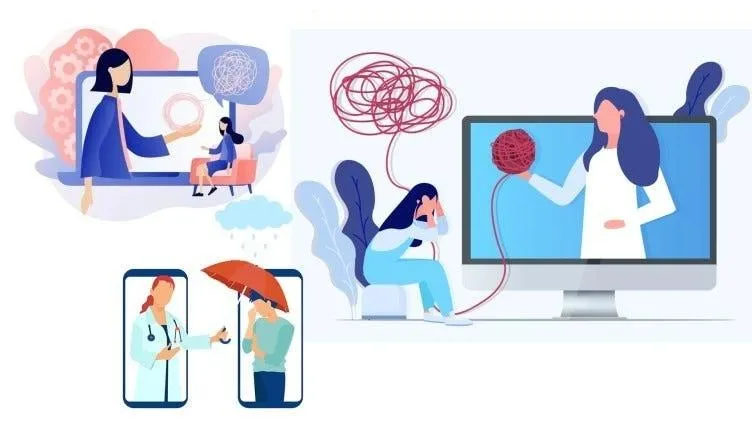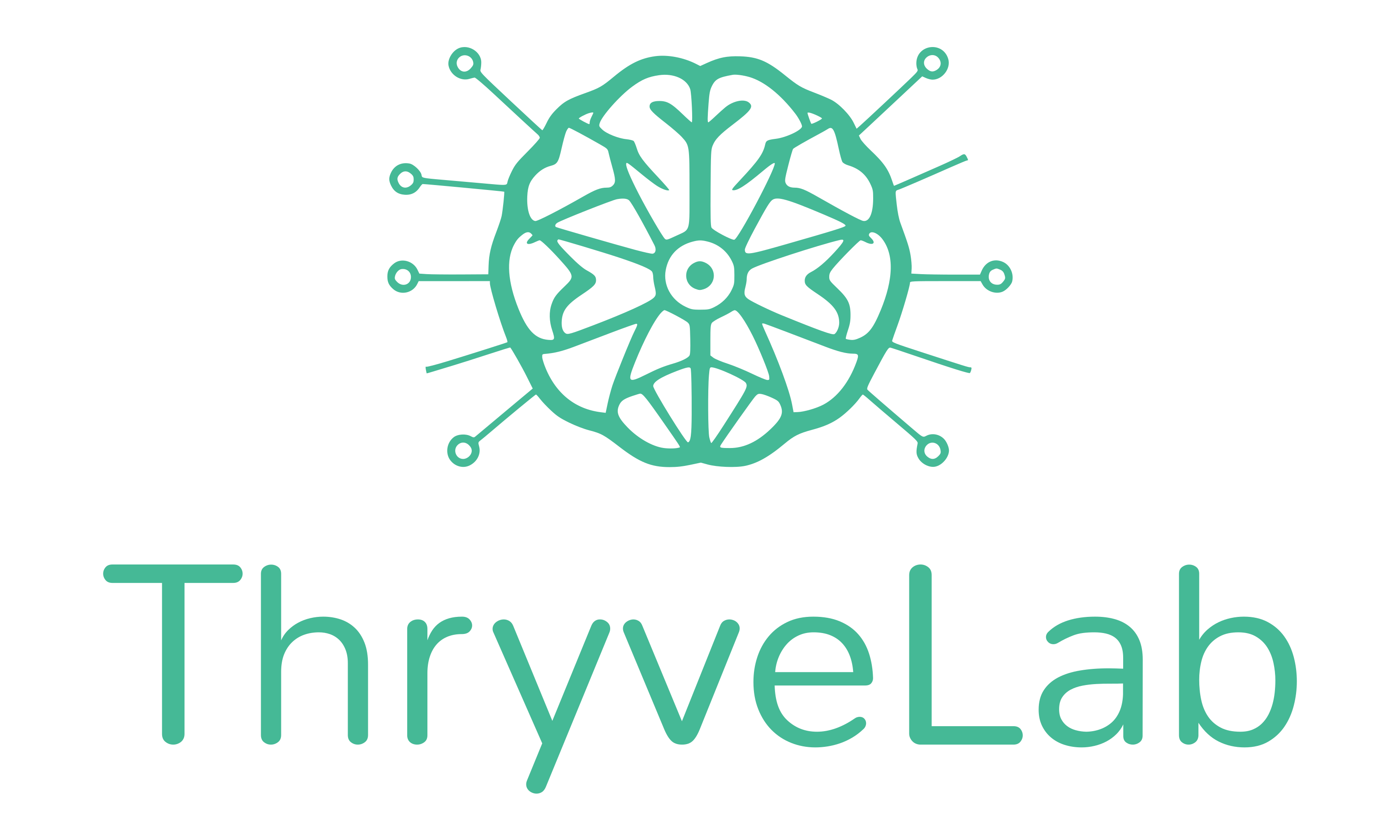Resources for the Digital Practitioner
Here’s where we share blogs, tools, and insights to help therapists, coaches, and other helping professionals grow their presence and impact online—ethically, sustainably, and with clarity.
From social media strategies to digital platform tips, we’re here to support your digital evolution—one step at a time.

Not All Digital Income Streams Work—Here’s How the ThryveLab Approach Is the Best Option for Counsellors
Over the past few weeks, we’ve explored some of the biggest challenges clinicians face today—burnout, emotional exhaustion, and the reality that a fully booked practice doesn’t always mean long-term stability or sustainability. We’ve also established that scaling your expertise through digital tools isn’t just a luxury—it’s becoming a necessity for mental health professionals who want to extend their impact while protecting their well-being.
But once you decide to take your practice online, you’re met with an overwhelming number of choices. Should you create a standalone course? Launch a membership? Offer digital downloads? Build a private community? The options are endless—but not all of them are equally effective.
This article will cut through the noise and show why the ThryveLab approach—a Digital Mental Health Space that combines courses, community, automation, and branding into one seamless platform—is the most practical, profitable, and scalable solution for counselors today.
The 4 Most Common Ways Counselors Try to Earn Online (and Their Limitations)
Many mental health professionals attempt to diversify their income through one of four common digital approaches:
1️⃣ Creating a Standalone Online Course
Platforms like Teachable, Thinkific, Kajabi, and Udemy have made it easier than ever to create and sell online courses. Counselors often build courses on topics like:
Managing anxiety or depression
Trauma recovery tools
Relationship communication skills
✅ The Appeal: Online courses allow you to package your expertise into a structured learning experience that generates passive income over time.
❌ The Limitations:
Difficult to sell – Simply creating a course isn’t enough; you need marketing, audience-building, and automation to consistently enroll new students.
No community – A course alone lacks the peer support and direct engagement that many clients seek.
Tech complexity – Platforms like Kajabi require multiple integrations (email marketing, payment gateways, hosting, etc.), making setup time-consuming.
Competition & saturation – The market is flooded with mental health courses, making it harder to stand out.
2️⃣ Running a Membership or Subscription Model
Some therapists opt for monthly membership programs where clients get access to exclusive content, group coaching, or live Q&A sessions.
✅ The Appeal: Recurring revenue provides financial stability compared to one-time course purchases.
❌ The Limitations:
High effort, low retention – Regularly creating content and engaging members can become overwhelming. Many memberships see high dropout rates after a few months.
Tech headaches – Membership sites need constant maintenance (e.g., uploading new content, moderating discussions, and handling billing issues).
Marketing dependence – To sustain a membership model, you must constantly attract new paying members, making it marketing-intensive.
3️⃣ Selling PDFs, E-Books, and Downloadable Guides
Some therapists create workbooks, self-help PDFs, or digital toolkits for passive income.
✅ The Appeal: Simple to create and requires minimal ongoing management.
❌ The Limitations:
One-time low revenue – A single e-book might sell for $20-$50, meaning you need a high volume of sales to make a real impact.
Limited engagement – Static content lacks the interactive experience many clients seek.
Easy to be overlooked – Free mental health PDFs are widely available, making it difficult to convince clients to pay for them.
4️⃣ Hosting a Paid Private Community
A growing trend is to create exclusive online communities where members can discuss mental health topics and receive guidance.
✅ The Appeal: Community engagement fosters peer support and a sense of belonging.
❌ The Limitations:
Hard to maintain – Keeping members engaged requires constant moderation and fresh discussions.
Difficult to monetize – Many people are hesitant to pay just for community access unless it offers exceptional value.
Privacy concerns – Confidentiality and ethical considerations must be carefully managed.
Why a Digital Mental Health Space (Powered by ThryveLab) is the Best Solution
Instead of choosing just one of these strategies, imagine combining the best aspects of each into a single, powerful system.
That’s exactly what a Digital Mental Health Space does.
A Digital Mental Health Space is a private, fully branded online platform where your clients can access:
✔ Self-paced courses – Provide structured learning paths on key mental health topics.
✔ A video resource library – Share guided exercises, mindfulness practices, and psychoeducational content.
✔ A private, curated community – Offer peer support in a structured, ethical, and secure environment.
✔ Interactive tools – Include journaling prompts, self-assessments, and goal-tracking features.
✔ Automated engagement – Keep clients engaged with scheduled emails, notifications, and reminders—without extra effort on your part.
Why This Approach Works Better Than Other Platforms

ThryveLab vs. Other Course Platforms (Kajabi, Thinkific, Teachable, etc.)
While traditional course platforms allow you to sell online courses, they lack built-in community features, automation, and branding flexibility.
With ThryveLab, you get a complete ecosystem where courses, memberships, automation, and community work together seamlessly—eliminating the need for multiple software subscriptions.
What this means for you:
🔹 No need to juggle multiple platforms.
🔹 No hidden fees or limitations on customization.
🔹 A streamlined, automated experience that saves you time and effort.
The Future of Counseling Is Digital (But Not Just Courses & PDFs)
Counselors who embrace digital transformation the right way will:
🔹 Reach more clients without adding more 1:1 hours.
🔹 Create a sustainable, scalable practice.
🔹 Stand out in an industry that’s evolving fast.
But simply throwing together a course or a membership site isn’t enough.
To truly make an impact (and create a system that works for you, not against you), you need a holistic approach—a Digital Mental Health Space that combines courses, community, automation, and branding into one powerful platform.
That’s exactly what ThryveLab offers.
Ready to future-proof your practice and scale your impact? Let’s chat about building your Digital Mental Health Space today.
Want To Learn More?
Navigation
Contact Us
© Copyright 2025. ThryveLab. All rights reserved.
